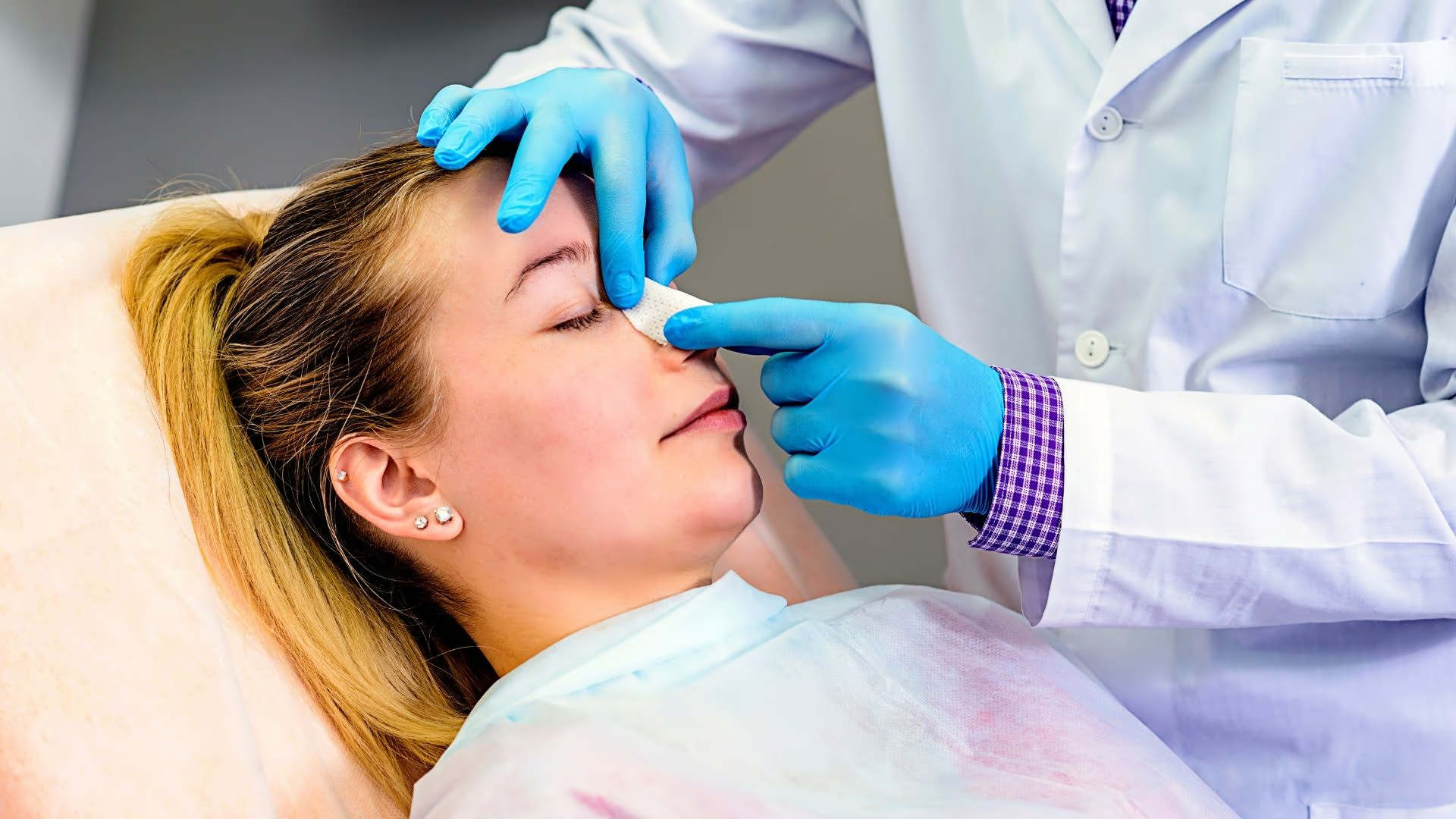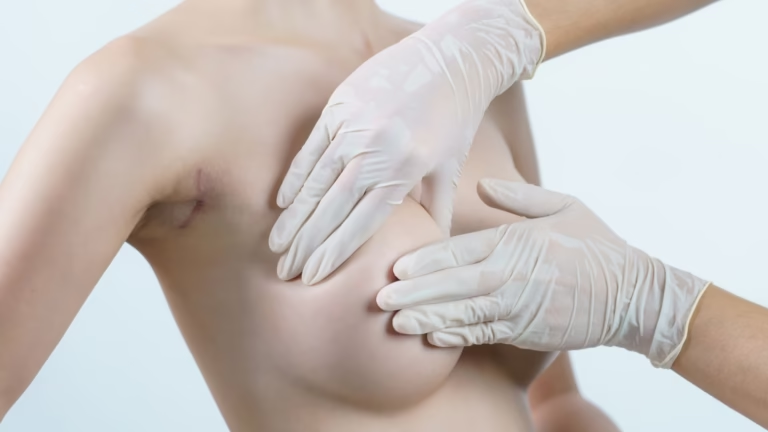
How to Lower Your Risk of Complications After Cosmetic Surgery: Expert Tips for a Safe Recovery
How to lower your risk of complications after cosmetic surgery: Expert tips for a safe recovery, Cosmetic surgery has become increasingly popular worldwide, helping millions of people achieve their desired look and boost their self-confidence. However, like any medical procedure, cosmetic surgeries carry certain risks. The good news is that most complications can be minimized — or even avoided altogether — if you take the right steps before and after your procedure.
If you’re wondering “How can I reduce my risk of complications after cosmetic surgery?”, this comprehensive guide will provide practical, science-backed advice to support a safe healing process and long-lasting results.
Why It’s Important to Prevent Complications After Cosmetic Surgery
Every surgical procedure involves incisions, anesthesia, and a recovery period. Complications such as infections, slow wound healing, scarring, or blood clots can occur if proper care is not taken. By following your surgeon’s instructions closely and adopting healthy lifestyle habits, you give your body the best chance to recover smoothly and achieve optimal results.
Essential Pre-Surgery Tips to Reduce Risks
Your journey to a safe cosmetic surgery experience begins well before the day of the operation. Here are some essential pre-operative tips:
- Follow your surgeon’s instructions carefully: Every patient is unique, and your doctor will provide specific guidelines based on your health condition and type of surgery.
- Stop smoking at least 4–6 weeks before surgery: Smoking reduces blood flow and oxygen supply, increasing the risk of complications like infections and poor wound healing.
- Maintain a healthy diet: Eating balanced meals rich in vitamins, protein, and minerals helps your body prepare for healing.
- Stay hydrated: Proper hydration supports cell repair and boosts recovery.
- Avoid alcohol and blood-thinning medications: Substances like aspirin, ibuprofen, and alcohol can increase the risk of bleeding during and after surgery.
👉 Tip: Ask your surgeon for a detailed pre-surgery checklist and follow it step by step.
Post-Surgery Care: What to Do to Heal Safely
Once the surgery is done, your body needs time and care to heal. Ignoring post-surgery instructions is one of the most common reasons complications occur.
1. Take Care of Your Incision Site
- Keep the incision area clean and dry as recommended.
- Change bandages regularly if instructed.
- Watch for signs of infection such as redness, swelling, or pus.
2. Allow Your Body to Rest
- Plan enough downtime after surgery — don’t rush back into work or strenuous activities.
- Arrange for help at home during the first few days, especially if lifting or movement is restricted.
3. Avoid Strenuous Activities
- Don’t exercise or lift heavy objects until your surgeon approves it.
- Overexerting yourself too soon can cause bleeding, delayed healing, or reopening of incisions.
4. Manage Pain and Swelling
- Take prescribed medications on time.
- Use cold compresses if advised to reduce swelling.
- Sleep in recommended positions to avoid pressure on operated areas.
Protecting Your Skin After Cosmetic Treatments
If your cosmetic procedure involved skin-focused treatments (like chemical peels, laser resurfacing, or dermabrasion), your skin will be much more sensitive than usual. To avoid complications:
- Always wear broad-spectrum sunscreen with SPF 30 or higher.
- Use protective clothing such as hats and long sleeves when outdoors.
- Avoid direct sun exposure during peak hours.
- Keep your skincare routine gentle and approved by your provider.
Lifestyle Habits That Boost Recovery
Healing after cosmetic surgery doesn’t just depend on wound care — your overall lifestyle plays a major role.
- Eat nutrient-dense foods: Prioritize lean protein, leafy greens, fruits, and whole grains.
- Stay active (lightly): Gentle walking promotes blood circulation and prevents blood clots.
- Get enough sleep: Your body repairs itself during deep sleep, making rest crucial.
- Avoid stress: High stress can slow recovery. Consider meditation or breathing exercises.
When to Call Your Surgeon: Warning Signs of Complications
While some discomfort is normal, you should immediately contact your provider if you notice any of the following:
- Persistent or severe pain that doesn’t improve with medication
- Fever or chills
- Excessive bleeding or fluid leakage from incision sites
- Sudden shortness of breath or chest pain
- Severe swelling, redness, or unusual discharge
Never ignore these symptoms. Early intervention can prevent more serious complications.
Frequently Asked Questions (FAQs)
1. Can I drink alcohol after cosmetic surgery?
It’s best to avoid alcohol for at least 2–3 weeks after surgery, as it can interfere with healing and medications.
2. How long should I wait before exercising again?
Most patients can resume light activity after 4–6 weeks, but it depends on the surgery type and your surgeon’s advice.
3. Does diet really affect healing after surgery?
Yes. A balanced diet rich in protein, vitamin C, and zinc significantly speeds up wound healing.
4. Can I go on vacation right after my surgery?
It’s recommended to delay travel — especially long flights — until you’ve fully healed to avoid risks like blood clots.
Conclusion: Safe Cosmetic Surgery Starts With You
Cosmetic surgery can transform your appearance and confidence, but safety must always come first. By carefully following your surgeon’s instructions, maintaining a healthy lifestyle, and knowing the warning signs, you can dramatically reduce your risk of complications and enjoy smooth, long-lasting results.
👉 Remember: Healing takes time, and every patient’s recovery journey is different. Give your body the care and patience it deserves — and your results will thank you.








